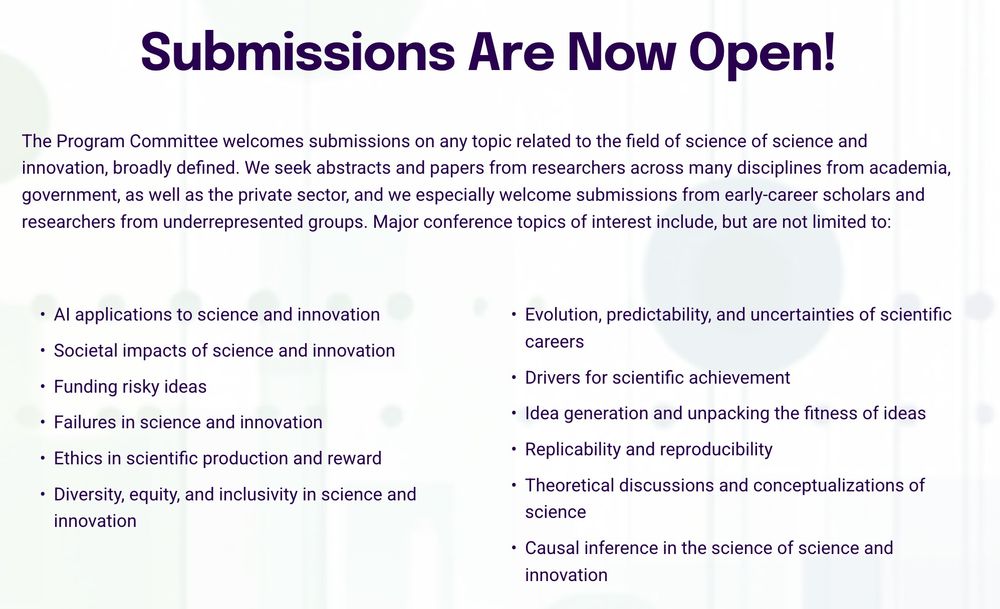Juan Mateos-Garcia
@jmateosgarcia.bsky.social
2.4K followers
150 following
100 posts
Impact data analyst at Google DeepMind. Interested in AI, economics, complexity, metascience, research methods, science-fiction.
Posts
Media
Videos
Starter Packs
Pinned
Reposted by Juan Mateos-Garcia
Reposted by Juan Mateos-Garcia
Reposted by Juan Mateos-Garcia
Reposted by Juan Mateos-Garcia
Reposted by Juan Mateos-Garcia
Reposted by Juan Mateos-Garcia
Tim Bresnahan
@timobres.bsky.social
· Jan 27
Reposted by Juan Mateos-Garcia















